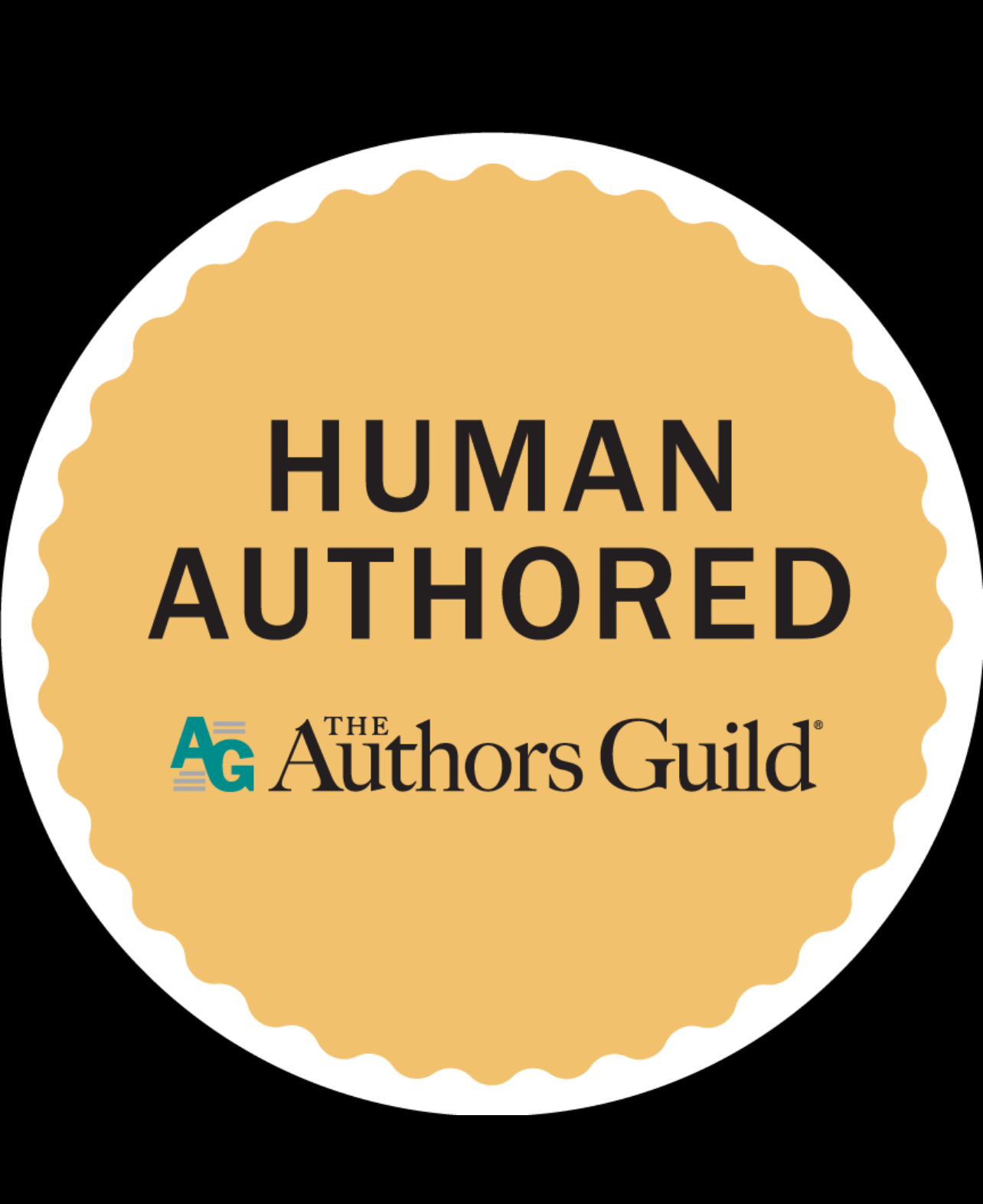Jonny Geller, The Guardian ; AI could never replace my authors. But, without regulation, it will ruin publishing as we know it
[Kip Currier: This is a thought-provoking piece by literary agent Jonny Geller. He suggests an "artists’ rights charter for AI that protects two basic principles: permission and attribution". His charter idea conveys some aspects of the copyright area called "moral rights".
Moral rights provide copyright creators with a right of paternity (i.e. attribution) and a right of integrity. The latter can enable creators to exercise some levels of control over how their copyrighted works can be adapted. The moral right of integrity, for example, was an argument in cases involving whether black and white films (legally) could be or (ethically) should be colorized. (See Colors in Conflicts: Moral Rights and the Foreign Exploitation of Colorized U.S. Motion Pictures) Moral rights are not widespread in U.S. copyright law because of tensions between the moral right of integrity and the right of free expression/free speech under the U.S. Constitution (whose September 17, 1787 birthday was yesterday). The Visual Artists Rights Act (1990) is a narrow example of moral rights under U.S. copyright law.
To Geller's proposed Artists' Rights Charter for AI I'd suggest adding the word and concept of "Responsibilities". Compelling arguments can be made for providing authors with some rights regarding use of their copyrighted works as AI training data. And, commensurately, persuasive arguments can be made that authors have certain responsibilities if they use AI at any stage of their creative processes. Authors can and ethically should be transparent about how they have used AI, if applicable, in the creation stages of their writing.
Of course, how to operationalize that as an ethical standard is another matter entirely. But just because it may be challenging to initially develop some ethical language as guidance for authors and strive to instill it as a broad standard doesn't mean it shouldn't be attempted or done.]
[Excerpt]
"The single biggest threat to the livelihood of authors and, by extension, to our culture, is not short attention spans. It is AI...
As a literary agent and CEO of one of the largest agencies in Europe, I think this is something everyone should care about – not because we fear progress, but because we want to protect it. If you take away the one thing that makes us truly human – our ability to think like humans, create stories and imagine new worlds – we will live in a diminished world.
AI that doesn’t replace the artist, or that will work with them transparently, is not all bad. An actor who is needed for reshoots on a movie may authorise use of the footage they have to complete a picture. This will save on costs, the environmental impact and time. A writer may wish to speed up their research and enhance their work by training their own models to ask the questions that a researcher would. The translation models available may enhance the range of offering of foreign books, adding to our culture.
All of this is worth discussing. But it has to be a discussion and be transparent to the end user. Up to now, work has simply been stolen and there are insufficient guardrails on the distributors, studios, publishers. As a literary agent, I have a more prosaic reason to get involved – I don’t think it is fair for someone’s work to be taken without their permission to create an inferior competitor.
What can we do? We could start with some basic principles for all to sign up to. An artists’ rights charter for AI that protects two basic principles: permission and attribution."
